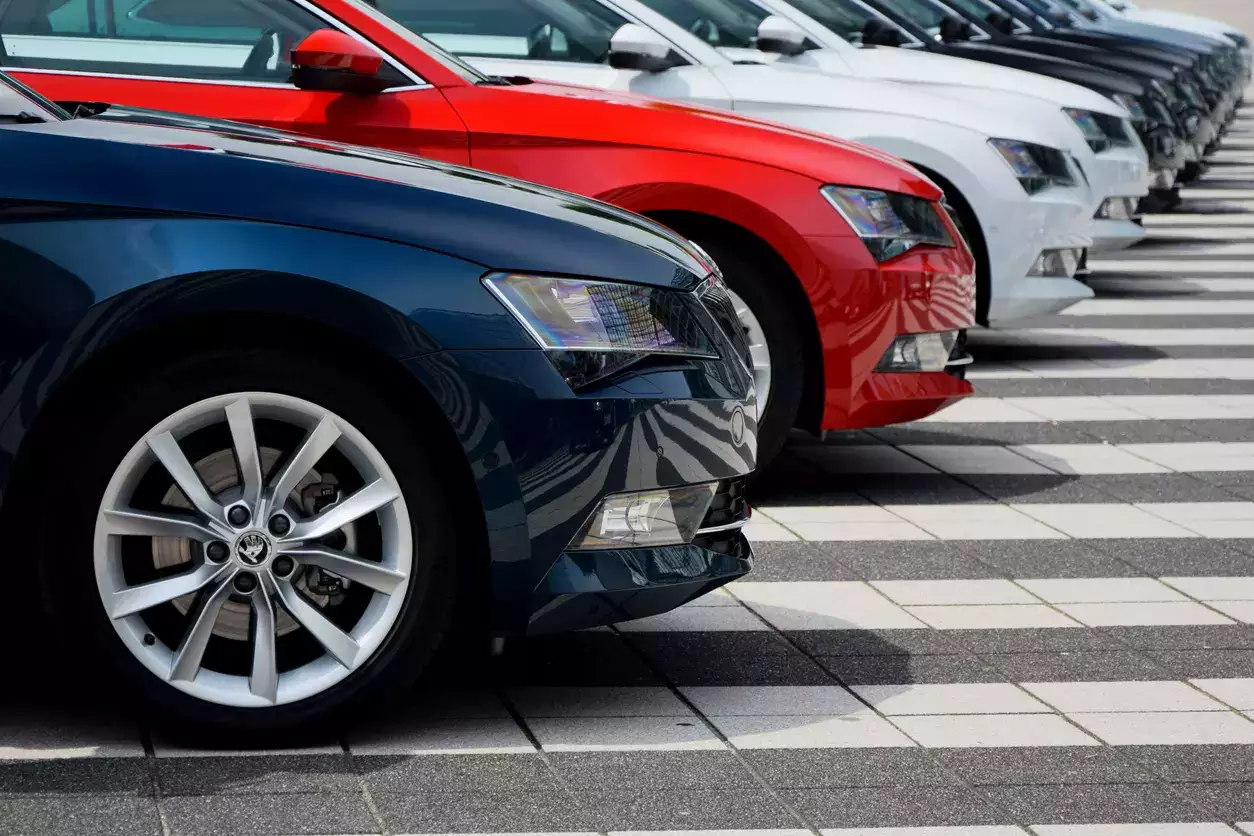
"We've had a policy framework where the tax on electric vehicles is 5% as compared to 48% on hybrids, which we intend to continue over a long period of time," Kant stated.
Japanese companies like Maruti Suzuki, Toyota, and Honda have been lobbying to reduce GST rates on hybrids from 48%, arguing that hybrids are cleaner than pure-petrol vehicles and should be incentivized. However, companies such as Tata Motors and Mahindra & Mahindra oppose this suggestion, asserting that only zero-emission technologies should receive incentives, and intermediate measures should not get concessions.
"Our policy is that we push for more and more electrification in mobility through all the policy levers available, including CAFE norms. So we will relentlessly push for India becoming a green mobility destination," Kant said.
Kant also mentioned the government's efforts to foster the adoption of electric buses. Following a tender for about 6,000 electric buses for seven cities, he indicated that larger tenders would be rolled out in the future.
"The next tender we are doing is for 10,000 buses and the third tender would be for 50,000 buses. So, the size and scale would help in bringing down the prices of electric buses in a big way."
He warned that if India doesn't adopt cleaner technologies, it risks missing out on becoming a leader in EV manufacturing.
The Uttar Pradesh government has announced a full waiver of registration tax for strong hybrid electric vehicles (HEVs) and plug-in hybrid electric vehicles (PHEVs). This move is expected to boost the adoption of hybrid vehicles and benefit manufacturers like Maruti Suzuki.
However, Indian auto giants Tata Motors and Mahindra & Mahindra, along with Hyundai Motor India and Kia India, have expressed concerns to the state government. They argue that extending benefits to hybrid vehicles could negatively impact the demand for fully electric vehicles and hinder progress in electrifying the transport sector.
Disclaimer: The copyright of this article belongs to the original author. Reposting this article is solely for the purpose of information dissemination and does not constitute any investment advice. If there is any infringement, please contact us immediately. We will make corrections or deletions as necessary. Thank you.





